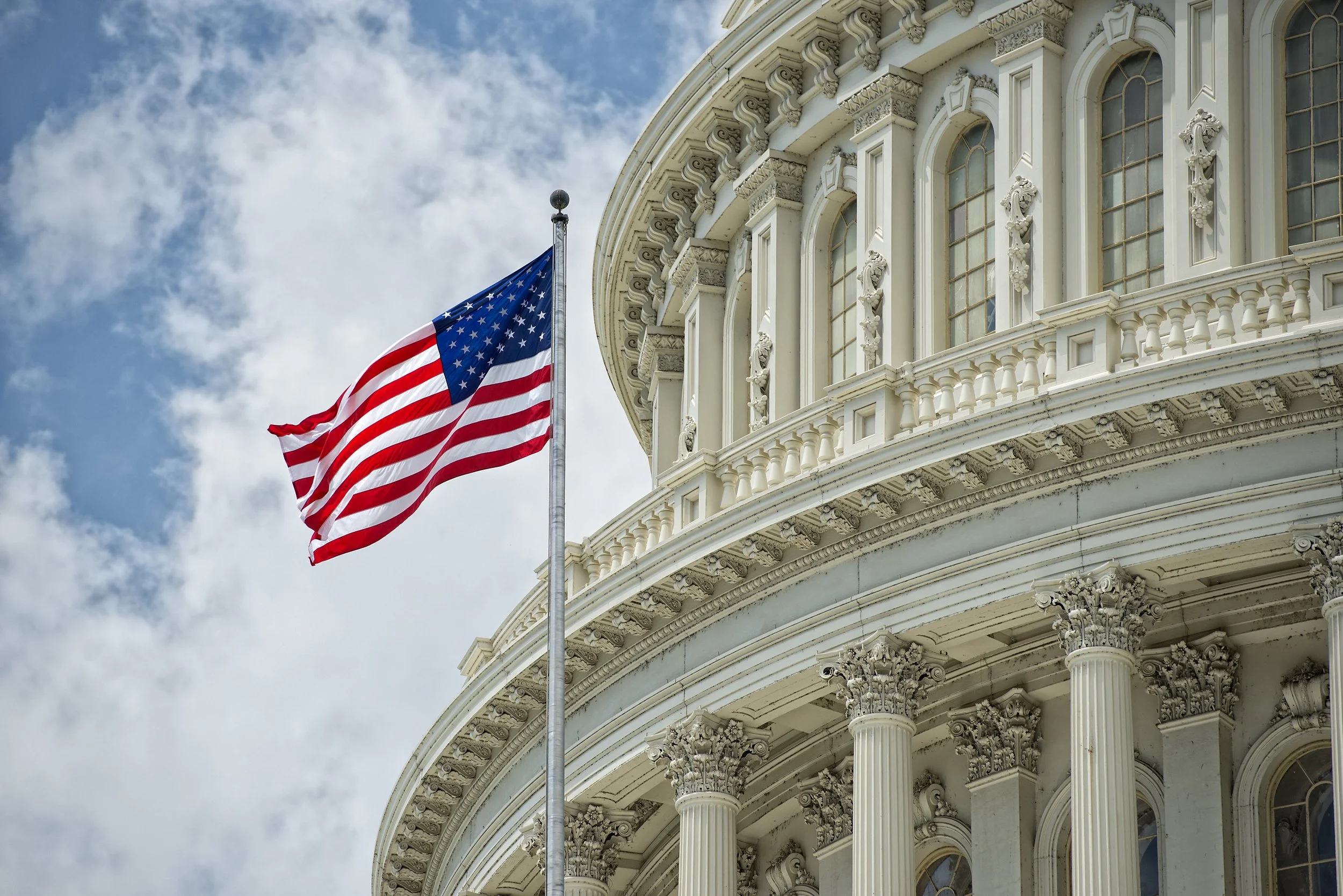Now is Time for Government Services Transformation: Good Government Groups
With President-elect Trump poised to take office next week, federal workers are wondering how the policies of the new administration will impact the federal workforce and the way the government is run at large.
Of particular interest is the new Department of Government Efficiency (DOGE), a blue ribbon advisory committee outside of government, formed to cut government waste and duplication and increase efficiency.
While DOGE, which will be headed by billionaire Elon Musk and entrepreneur Vivek Ramaswamy, does not have formal authority, it has pledged to work closely with the Office of Management and Budget (OMB) to work on cutting administrative costs, rescinding regulations, and other measures.
Congressional caucuses have also been formed in both the House and Senate to advance DOGE goals.
DOGE is scheduled to sunset in two years on the 250th anniversary of America’s independence.
Non-Partisan Efficiency Proposals
Given the times and the opportunity for a clean slate, non-partisan groups are trying to seize the moment to urge for a more efficient and effective federal government.
One of them, The Niskanen Center, released a Capacity Agenda for 2025, saying the federal government must do more to implement policy, not just debate the direction of policy.
“The what matters little if our nation’s leadership doesn’t put equal consideration into how to do it,” wrote the center’s Jennifer Pahlka and Andrew Greenway in a recent report. “Our administrative state’s structures, processes, and ways of working are simply no longer fit for the jobs we need them to do.”
The report notes that the public trust in the federal government has evaporated and that “any fiscal margin for error we might have enjoyed earlier in this century has evaporated.”
With the litany of problems, including a mounting deficit, higher borrowing costs, crumbling infrastructure, and rising healthcare costs, the report recommends leaning on federal employees to enact change, saying that public sector patriots “are an enormous national resource; the incoming leadership would do well to recognize them and leverage their energy to the fullest extent.”
Shared Services Report
Another report from The Shared Services Leadership Coalition pushes for the use of shared services to consolidate and modernize the federal government.
The coalition is calling on executive and legislative action. It notes that shared services can be delivered in areas like human resources, financial management, lending, cybersecurity, real property more, and that while agencies give up some control, they will benefit from more choice and better services at a reduced cost.
“Existing government operations for common services are expensive, duplicative, high risk, often unable to focus on customer changing needs, and dramatically lagging other governments and the private sector in providing modernized and efficient operations,” said the report.
The report made four recommendations:
Immediately establish shared services as the mandated operating and business model for common government operations.
Create effective governance
The Executive Branch Shall Design the optimal business and operating models for common services.
Migrate to the new business model and realize efficient, effective, and credible government operations.
The report’s authors even wrote up the text of legislation for Congress to consider.


